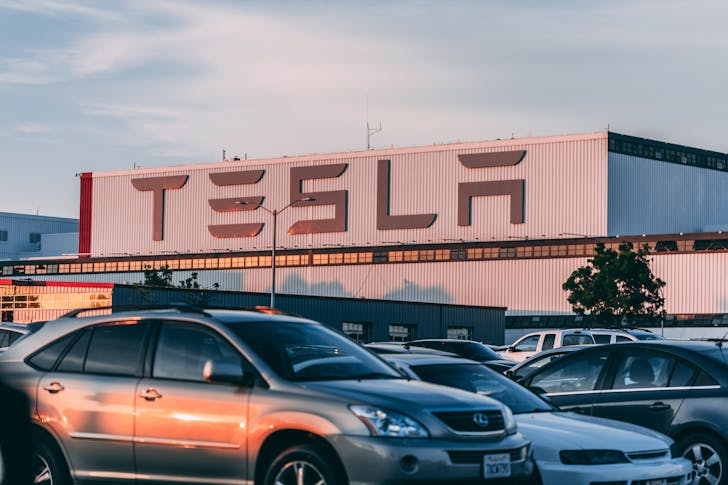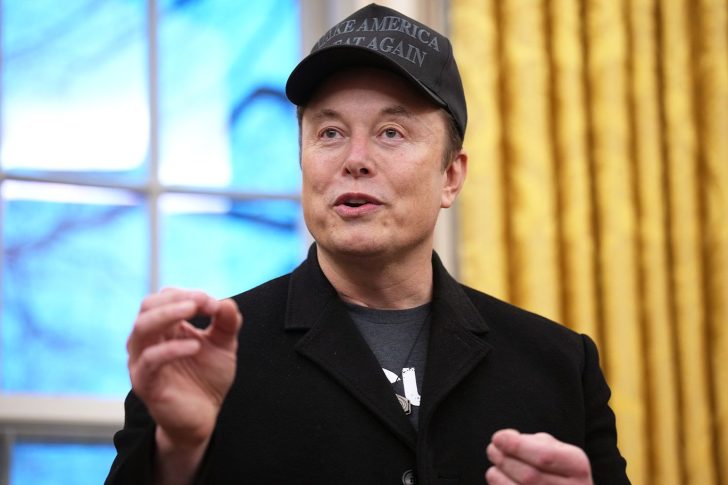Elon Musk wants the government to back off. When asked about EV tax credits last December, he didn’t hesitate: “I think we should get rid of all credits.” That is clear. No sugarcoating. But here is the catch: Tesla, the company he leads, is still pushing hard for government support of electric vehicles.
Just weeks later, President Trump - also no fan of mandates - called for an end to what he labeled the “electric vehicle mandate.” He wants less government control, more consumer choice. Musk and Trump seem aligned on this: No handouts, no rules. Let the market decide. That sounds neat in theory. But when it comes to trucks, freight, and the actual EV rollout, the picture gets messy fast.
Musk and Tesla are at Odds on Mandates
Tesla hasn’t exactly stuck to Musk’s free-market script. In Oregon, lawmakers were debating a delay to a state rule that forces truck makers to sell more zero-emission vehicles. Tesla didn’t back the delay. They told the legislature that they would have thousands of EV Semis ready by 2026 and that the mandate should stay.
But here is the problem: Tesla said those same trucks would launch in 2021. Right now, fewer than 200 have been delivered. That is a big miss.
So why push to keep the mandate in place? If Elon Musk truly believes EVs are the future, why does Tesla still lean on government rules to move the needle?
Saying One Thing, Doing Another
In February, Tesla doubled down on the mixed signals. In a letter to shareholders, the company said it expects the Cybertruck to qualify for the Inflation Reduction Act’s $7,500 consumer tax credit. That is the same credit Musk publicly said should be scrapped.

That Guy / Pexels / If Tesla stands behind what Musk says, why highlight a tax break he doesn’t support?
The disconnect here is more than awkward. It raises real questions. Is Tesla just playing both sides - telling investors one thing and the government another? Or does Elon Musk really see no issue with letting his company benefit from policies he claims to oppose?
EVs May Be Inevitable, But They are Not Easy
Let’s be real: Musk’s big-picture view has not changed. He believes the world will go electric. Every car, every truck, even every plane, someday. The Tesla boss is betting on a full-on EV and autonomous future. That is bold, and in many ways, it is already coming true. But even visionaries have to deal with today’s messy middle.
This is where a balanced EV policy comes in. Not all-or-nothing. Not full regulation, not a total free market. Something in between. For heavy-duty trucks, it’s not easy to go electric overnight. The cost, the infrastructure, the weight - everything is tougher.
Companies need some support to make that leap. But they also need freedom to decide what works best for their business.
A Balanced EV Policy Always Works
Elon Musk might be ideologically against government involvement, but Tesla's actions suggest the company knows EV adoption doesn’t happen without a little push. And that push, like it or not, often comes from policy.

X / If Tesla is waiting for a hands-off market to do the heavy lifting, why does it keep leaning into mandates and credits?
The bigger issue? Mixed messages muddy the waters. Lawmakers don’t know who or what to trust. Businesses that rely on clear policy are left guessing.
If Musk truly wants to end subsidies and rules, Tesla should walk that talk. No more lobbying to keep mandates. No more highlighting tax perks to boost sales. Just build the best product and let the market work.
But that is not where we are yet. The EV truck market is still in its early innings. Range anxiety, charging times, and vehicle costs are all very real hurdles.
